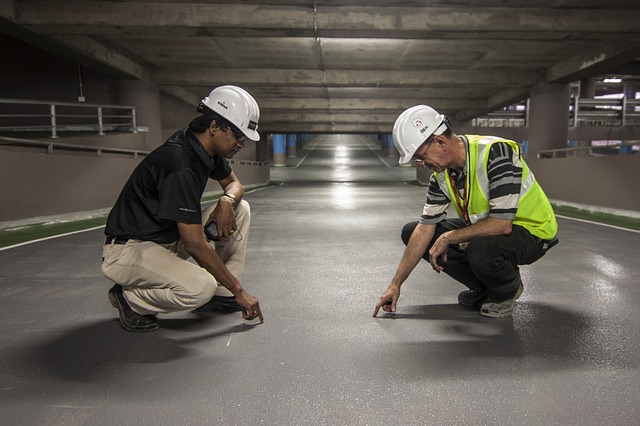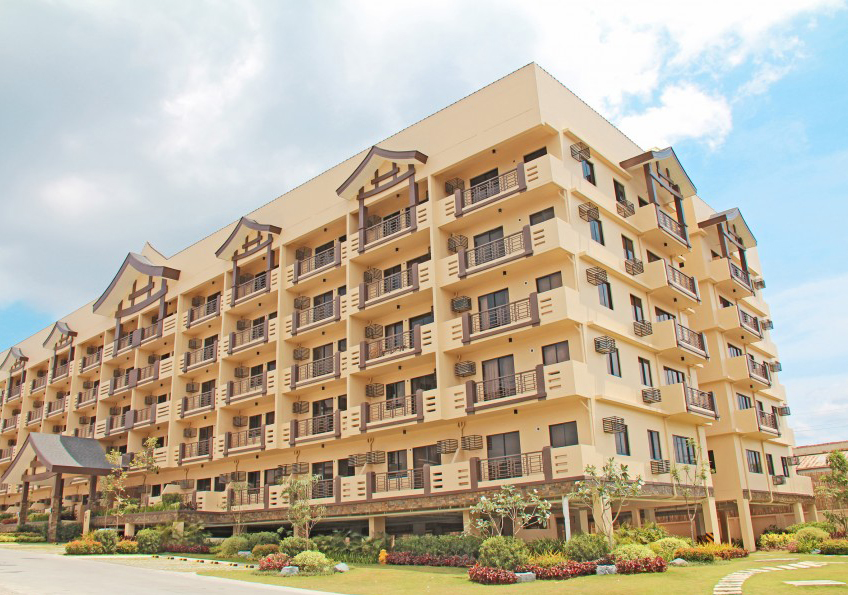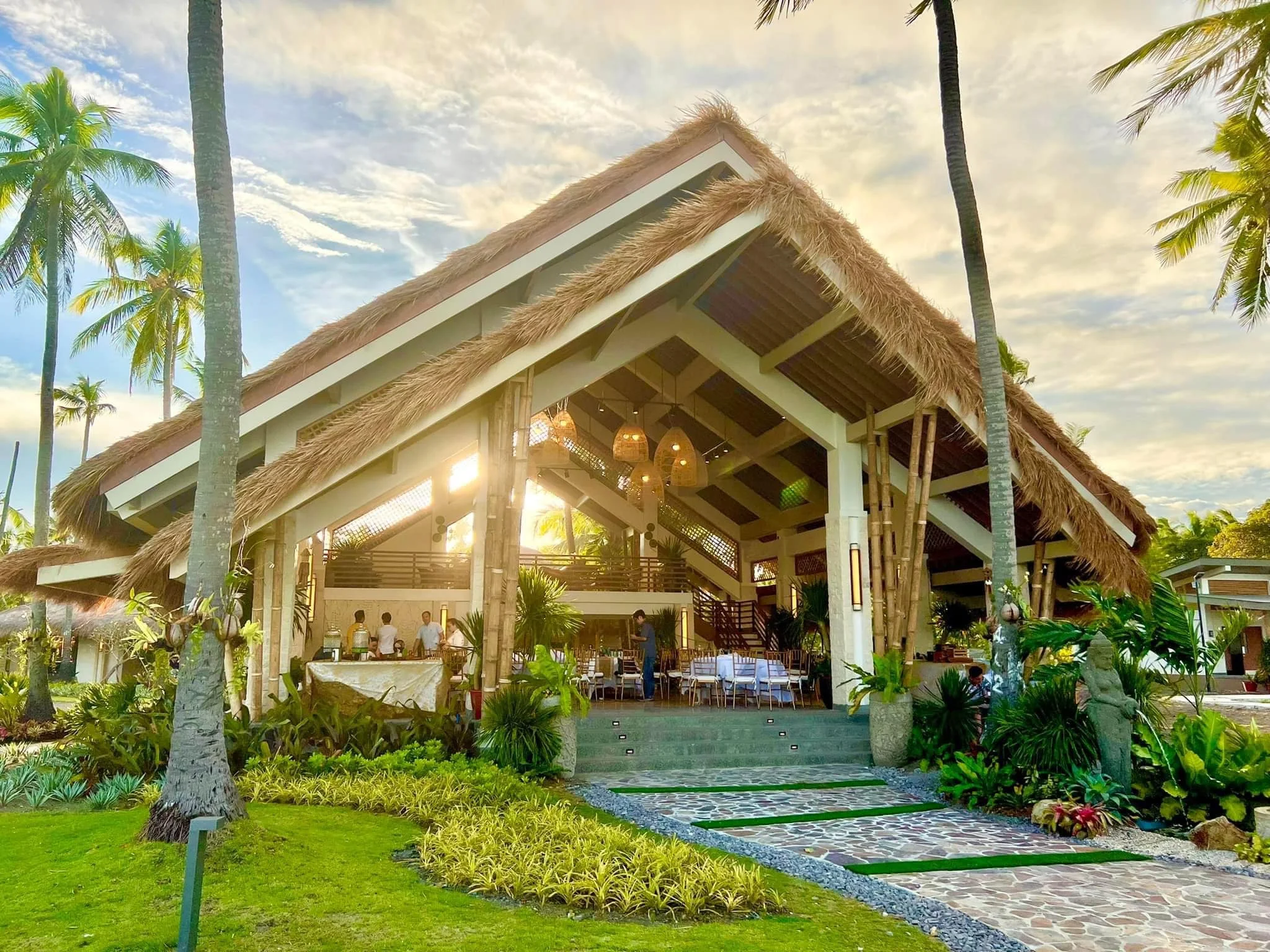So far, so good for the real estate industry in the Philippines. The past decade has been all good with the ever-growing popularity of high-end condominiums and small-time property developers. The year 2015 is not going to be any different with industry sources and experts predicting another bullish year buoyed essentially by the rise of the Business Process Outsourcing (BPO) industry.
The property market benefited largely from the country’s record-strong economic performance in the past two years. Gross Domestic Product (GDP) for the first quarter of 2015 may be below government and market expectations, registering a three-year low of 5.2% growth mainly because of confidence issues with the government, experts are still confident the GDP will pick up in the succeeding quarters citing robust activity by the private sector. Aside from BPOs, construction, gaming and leisure are seen to boost the real estate industry even more in the coming years.
Condominiums are smart investments as its role in the lives of Filipino and foreign investors have evolved. Condos are not just homes now. Buyers invest in condos because of the growing condo rental market in the Philippines. Condos also provide prime business spaces and serve as a convenient location for office operations. Let us take a look at how other occupancy needs fulfilled by condos have caused a steady growth for the real estate sector.
Where Workplaces Are Neighbors

Photo courtesy of tpsdave via Pixabay
Traffic hell, gas prices, and terrible public transport options are enough reasons to not get out of bed. Thankfully, these are things that most condo residents do not have to worry about. Condo living is all about comfort and convenience, giving residents more time sleeping than hitting the road. Major condos in the Philippines are located at the heart of the metropolis and near everything else that matters --- public transportation, major highways, schools, malls, etc. Most condos are also strategically located near or within the business districts, making them ideal for employees and professionals.
This is the reason why rent to own condos and condos for rent in the Philippines are a hit. The location is not only convenient, it also accounts for savings in money, time, and energy. A good example is call center agents as condo dwellers. Since most call center and BPO offices are near if not leasing in condo buildings, call center agents find condos as the most practical space to rent or invest in.
Condos Are Homes To BPOs

Photo Courtesy of StartupStockPhotos via Pixabay
As previously mentioned, condos have evolved from being homes to being office and business spaces. Major investors naturally prefer central business districts as sites and bustling Metro Manila is no exemption. According to the results of CBRE’s Global Prime Office Occupancy Cost survey, the National Capital Region posted the second highest increase in prime office occupancy costs among 126 markets worldwide. NCR is second only to Dublin and followed by Seattle, posting an impressive 20.7% annual increase in office occupancy costs. Similarly, investment advisory firm Tholon also placed Manila second in its Top 100 list of BPO destinations. Technology, media, and telecommunication are also among the leading industries looking to occupy properties within the NCR.
Makati, Quezon City, and the Bonifacio Global City in Taguig are among the most-preferred locations to establish offices especially for BPOs. Condo buildings are usually tapped to serve this purpose, further strengthening the call center agents and condominiums link. According to CBRE Philippines, the demand for BPO office space will be a top driver in the continuous growth of the real estate industry. Competitive leasing has also pushed up rental rates in key cities. In Makati for example, an all-time high of Php1,200 per square meter of office space was recorded early this year.
More BPOs, More Construction

Photo Courtesy of pashminu via Pixabay
The bullish BPO industry is at the heart of the steady growth of the real estate sector. In fact, the demand for office spaces in Metro Manila has sparked the boom in construction. Building works by several property developers are the reason why construction now accounts for one-fifth of the Philippine economy. The BPO sector continues to be among the top reasons why developers are keen on constructing more buildings especially now that the Philippines has overtaken India in voice call centers. The call center services industry is growing at about 20% per decade according to CBRE director John Corpus. Thanks mainly to Western banks and IT firms that prefer the Philippines because of a population well-versed in speaking English.
Good Times Ahead
Over one million Filipinos are employed by the BPO and IT related sectors. This is the reason why the BPO industry has come to be known as the “sunshine industry” of the country. World Bank estimates that considering existing projections, the BPO sector can generate up to $55 Billion by 2020, that accounts for nearly 11% of the country’s GDP. Next year, experts peg BPO revenue to reach $25 Billion, almost equal to projected remittances from Overseas Filipino Workers. More importantly, the steady growth in the BPO industry is estimated to create 1.5 million jobs by 2016.
More BPO investors and more jobs mean more property developments. CBRE vice chairman Joey Radovan estimates that BPO companies will occupy 80 to 90 percent of office space supply this year. This is a golden opportunity for property developers and clearly, they are up to the task.
The real estate industry is riding the wave of good credit ratings and high economic prospects. The surge of the BPO industry comes side by side with the rise of other gold mines like tourism, gaming, entertainment and leisure, and retail centers. Let us not also forget the number of expatriates and foreign investors who have also decided to stay and purchase condos in the Philippines. Moreover, Filipinos already seemed to have accepted the new lifestyle and community paradigm. Most developments are now centered around the live, work, study, and play paradigm, with real estate companies constructing buildings after buildings to offer communities a home, a workplace and a leisure center all right outside their doorstep.











